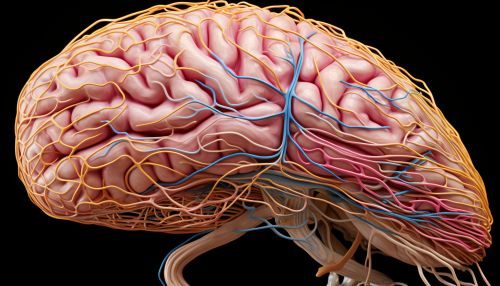The Science of Human Body Awareness
Introduction
The science of human body awareness, also known as interoception, is a rapidly expanding field of study that focuses on how humans perceive and understand their own bodies. This field of study is crucial in understanding various aspects of human health and behavior, ranging from pain management to emotional regulation.


Understanding Interoception
Interoception is the sense that helps us understand and feel what's going on inside our bodies. It is responsible for sensations such as hunger, thirst, and the need to use the bathroom. It also plays a role in our emotional experiences, as it allows us to feel our hearts racing when we're excited or nervous.
Interoception is primarily mediated by the insular cortex, a part of the brain that receives signals from the body and processes them into conscious perceptions. This process involves a complex network of neural pathways, including the spinothalamic tract, which carries sensory information from the body to the brain, and the vagus nerve, which plays a key role in the body's response to stress and emotion.


The Role of Interoception in Health and Disease
Interoception plays a crucial role in maintaining health and well-being. It allows us to monitor our bodies' needs and respond appropriately, whether that's by eating when we're hungry, resting when we're tired, or seeking medical attention when we're in pain.
Research has shown that interoceptive awareness can be disrupted in a variety of health conditions, including chronic pain, anxiety disorders, and eating disorders. For example, people with chronic pain may have heightened interoceptive awareness, leading them to perceive pain more intensely. On the other hand, people with eating disorders may have reduced interoceptive awareness, making it difficult for them to recognize and respond to signals of hunger and fullness.


Enhancing Interoceptive Awareness
There are several strategies that can be used to enhance interoceptive awareness. These include mindfulness-based practices, such as mindfulness meditation and yoga, which involve focusing attention on bodily sensations in a non-judgmental way. Research has shown that these practices can improve interoceptive awareness and have a range of health benefits, including reduced stress, improved emotional regulation, and better pain management.


Future Directions in Interoception Research
As our understanding of interoception continues to grow, researchers are exploring new ways to harness this knowledge to improve health and well-being. This includes developing new treatments for conditions associated with disrupted interoceptive awareness, such as chronic pain and eating disorders, as well as exploring the role of interoception in other areas of health and behavior, such as physical exercise and aging.


